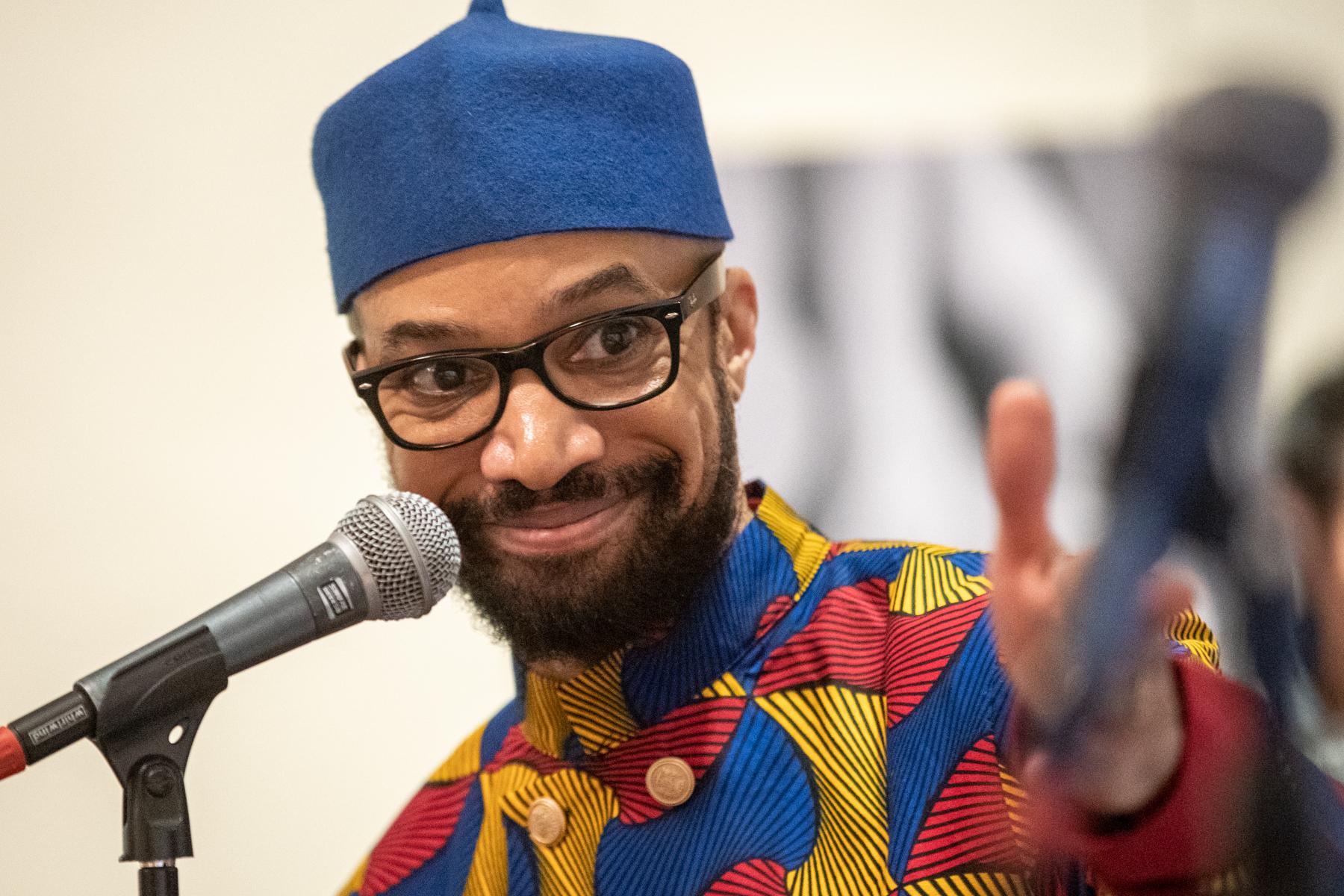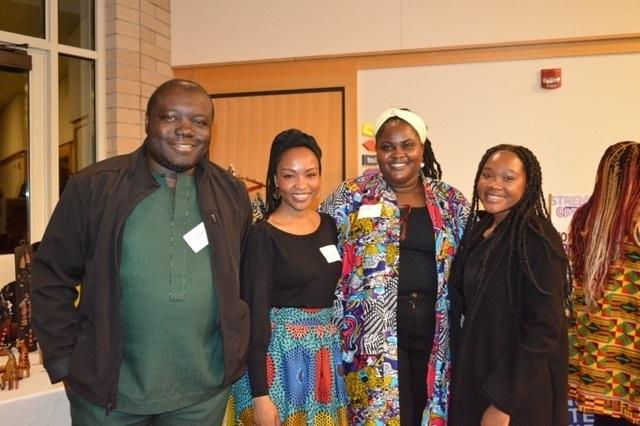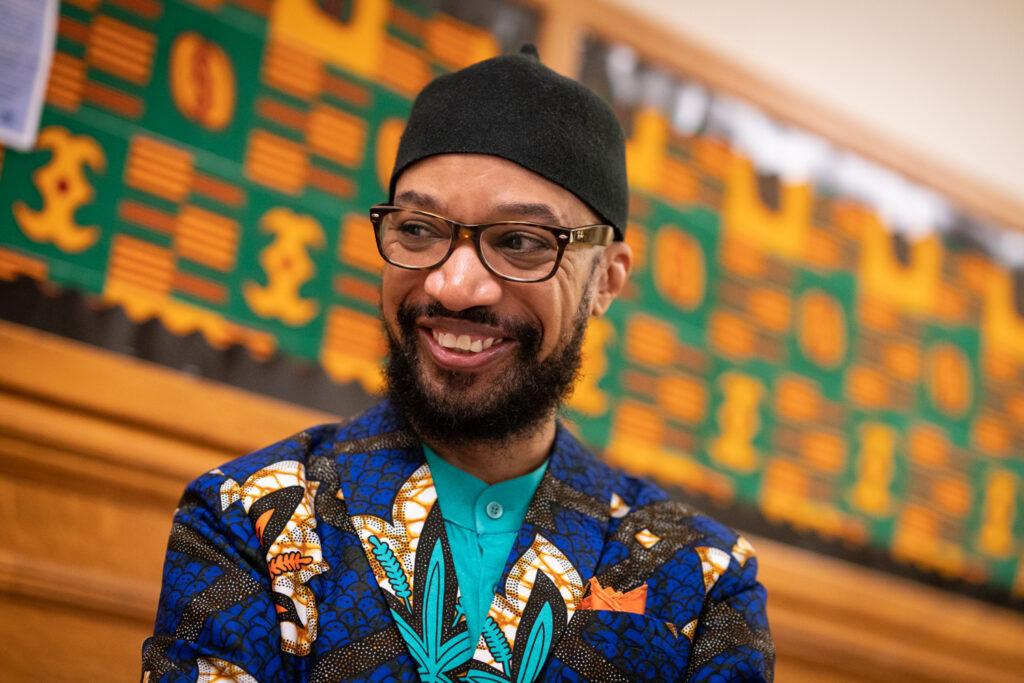
The 9th annual Africa Summit will be held May 2 at the Jewish Community Center in Denver. It’s put on by Africa Agenda, a non-profit that highlights information about Colorado’s African communities.
“Mobilizing Our Collective Knowledge To Build Community” is the name of this year’s gathering, and for it, Reiland Rabaka, professor of African, African American and Caribbean studies in the Department of Ethnic Studies a CU Boulder, and founder and director of its Center for African & African American Studies, will give a talk.
In an interview as he was preparing his speech, Rabaka, who declined to give his age, said it will focus on the idea of Africa not being confined to the physical continent on which it exists.
“Africa is wherever African people are. So instead of looking at what happened to Africa and the African continent in purely colonial terms, it is important now to see that Africa is both the continent and the diaspora,” he said.
“Part of what I also want to do is to be a bridge between the African continent and the African diaspora, those of us that live outside of Africa, and to try to bring a little more love and a little more harmony and a little more understanding.”
The Center for African & African American Studies opened in February 2023 and was marked by Gov. Jared Polis as “Center for African and African American Studies Day” in Colorado.

The summit is set to include an African buffet and music, table discussions, and awards. It’s intended to be an opportunity for people who work at local organizations with a focus on African countries to connect with each other and discuss topics including elections, issues affecting women and girls, the media, and U.S.-Africa cooperation in global health. Tickets are $50.
The Migration Policy Institute reports that in 2023, more than 40,000 people born in African countries live in Colorado. People coming from Eastern African countries comprise just under half of the 40,000 total from two years ago. It’s more than a tenfold increase in the last 35 years; the same report indicates that in 1990, there were about 3,000 African-born people living in Colorado.
Rabaka said he attributes being invited to speak to his having been asked to do a speech in South Africa earlier this year, where he learned that scholars there are interested in learning more about African-American issues. In January, he made a trip to Africa that included stops in Namibia, Lothoso and South Africa, where he gave a talk at the University of South Africa.

“It's really interesting now that some of these African universities are calling an African-American over ... they want to learn, they want to do African-American studies in Africa,” he said.
“For a long time, it just seems like African-Americans were fascinated with learning about Africa. Well, the reverse is happening. There's a lot of continental Africans who want to know a great deal about African-American history and African-American culture – I believe that's probably one of the reasons I was invited – because I've just come back from South Africa in January.”
Funding for public media is at stake. Stand up and support what you value today.








